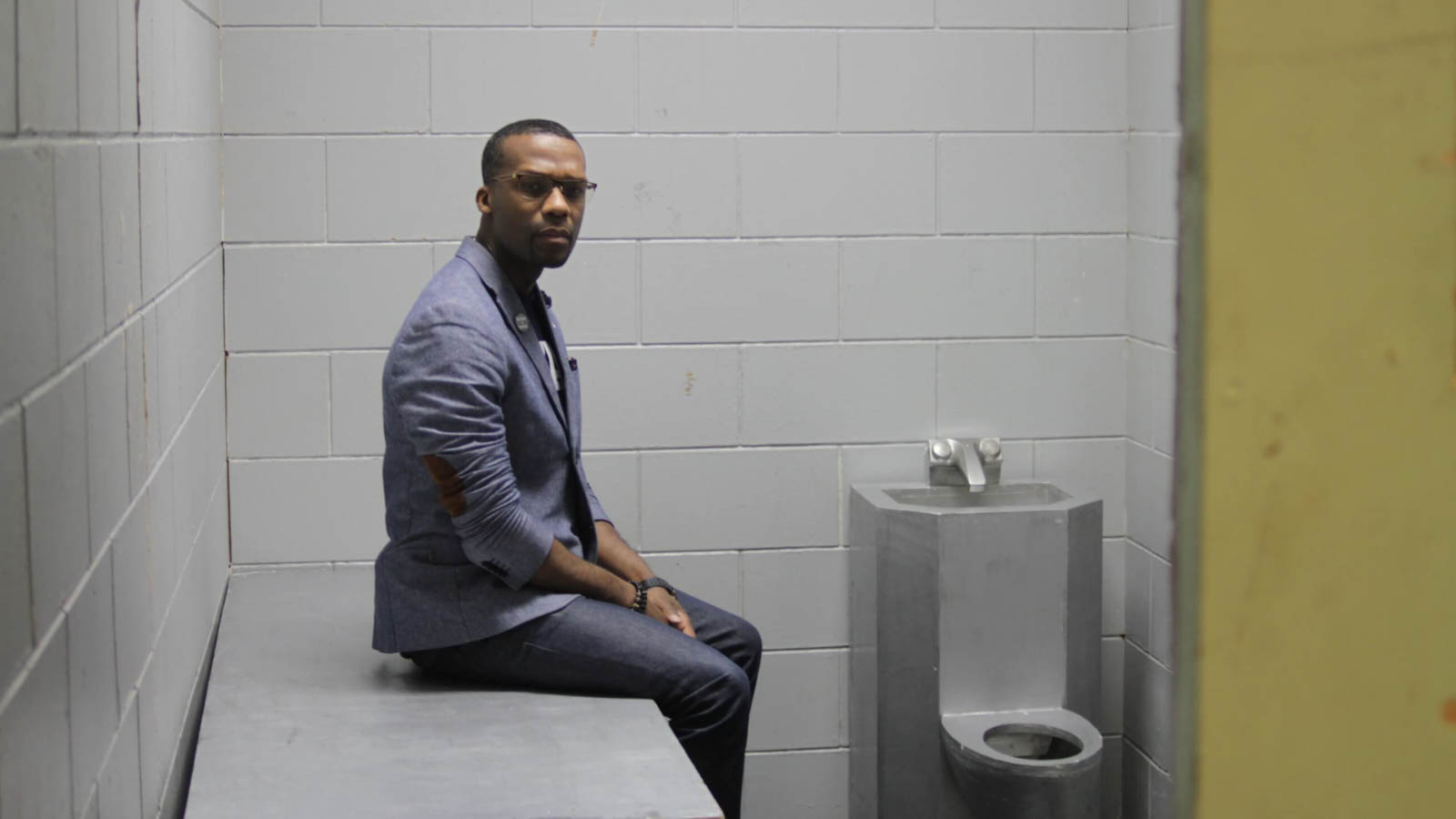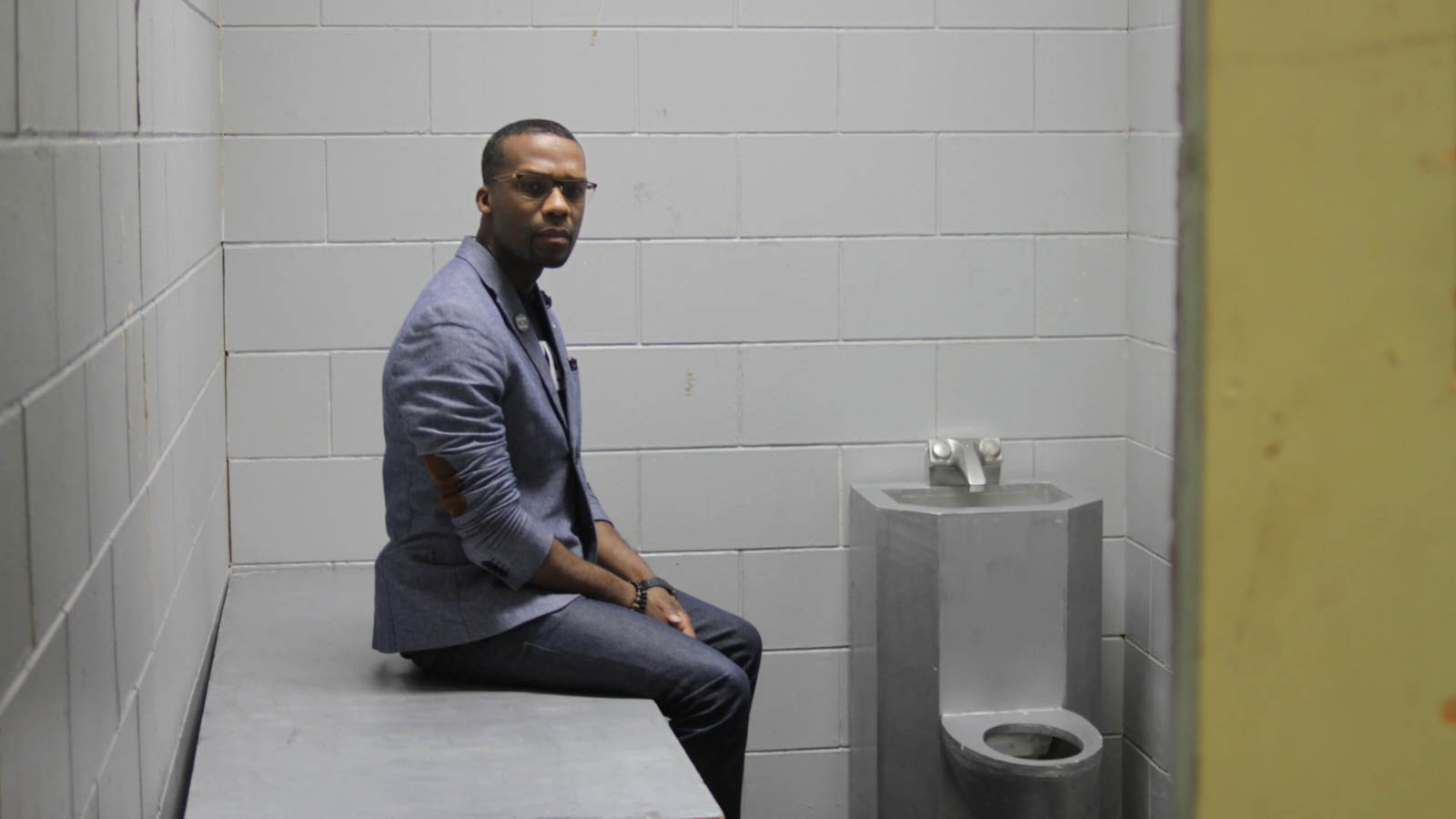
Experts call solitary confinement a form of torture, but according to some who have experienced it, prisons use the punishment frequently, even for minor issues such as marijuana use.
The overuse of solitary confinement in prisons was described by United Nations Special Rapporteur on Torture Juan Mendez in a 2016 special report as a cruel, inhuman and degrading punishment and a violation of the basic human right to personal integrity, both mental and physical. Stating that it should only be used as a last resort, the report detailed that up to 100,000 people are held in solitary confinement on a given day in the U.S., often for minor infractions. One of these infractions is the consumption of marijuana.
“The first time that I tested positive for cannabis use I got 90 days in solitary confinement, the second time I received six months and then the third time I received a year — of which I did 10 months,” said Johnny Perez, the Director of the U.S. Prisons Program for the National Religious Campaign Against Torture (NRCAT), a coalition of more than 300 faith-based organizations dedicated to ending solitary confinement.
“As a country, we represent 50 percent of the world’s isolated prisoners, and then I have to really emphasize the huge racial disparities.” Perez told Weedmaps News, “I mean, people of color are disproportionately in prison already, but when you look at solitary, those numbers are even more disproportionate than the general population.”
Perez says he served a total of three years out of 13 in solitary confinement. While possession of cannabis was the most common reason, he also said things such as owning a frying pan or helping a friend with legal paperwork also placed him in isolation. According to the UN’s Mendez, solitary confinement can produce adverse health effects within days, and the use of it for more than 15 days in a row can produce irreversible psychological trauma and should be considered torture.
A 2006 paper by Dr. Stuart Grassian, a psychiatrist and faculty member at Harvard Medical School, wrote that solitary confinement can cause severe mental harm sometimes resulting in a specific psychiatric syndrome. Even in patients with no history of mental illness at all, Grassian observed severe symptoms such as confusion, paranoia, hallucinations, and self-inflicted violence after solitary confinement. According to Solitary Watch, a nonprofit national watchdog group, prisoners in solitary confinement have a 33 times higher risk of suicide than the general prison population.
The National Religious Campaign Against Torture (NRCAT) produced a virtual reality demonstration of solitary confinement in a U.S. prison. (Photo courtesy of the National Religious Campaign Against Torture)
“We have this fully assembled boxes that were created by a really talented carpenter and then we also have the virtual reality headsets. When we combine both of them it’s a very powerful experience for people,” said Perez, explaining NRCAT’s virtual reality solitary confinement experience, which it has taken on the road to religious communities, major university campuses, and events such as the 2018 Emerald Cup cannabis competition in Northern California.
Johnny Perez, a former inmate who is now the Director of the U.S. Prisons Program for the National Religious Campaign Against Torture, argues that solitary confinement is overused in the U.S. penal system and its application falls under what a United Nations report would classify as torture. (Photo courtesy of NRCAT)
“We brought the virtual reality site there to get people’s reaction to the correctional institution’s response to cannabis use in jails and prisons.” Perez continued, “You can imagine what it’s like to be in a cell, but there is nothing like actually being in a cell to feel what it’s really like.”
During a panel on criminal justice at the Emerald Cup in December 2018 at the Sonoma County Fairgrounds in Santa Rosa, California, Johnny Perez, second from right, recounted his experiences as a former inmate. He says in the 13 years he was imprisoned, three years total were spent in solitary confinement. (Photo by Ocean Malandra)
Weedmaps News contacted the United States Bureau of Prisons (BOP) to find out more about what punishments cannabis consumers on the inside face and why solitary confinement is one of them. The BOP responded with a link to its Inmate Discipline Program and also this statement: “The BOP does not practice solitary confinement.”
According to a March 7, 2019 letter written by California Sen. Kamala Harris to Hugh Herwitz, the acting director of the BOP, however, solitary confinement in federal prisons not only exists but also is growing. Co-signed by five other U.S. Senators, the letter requests a “detailed explanation for the rise in restrictive housing” in BOP facilities and announces the re-introduction of the Solitary Confinement Reform Act.
Let’s not forget how many people and loved ones and members of families have been punished for years. Entire communities have been negatively impacted. — Johnny Perez
The Solitary Confinement Reform Act was previously introduced in 2016 but never passed. It would place strict limitations on the use of solitary confinement and other names for restrictive housing used by the BOP and the federal penitentiary system. It also establishes a mental health assessment of all inmates currently held in solitary confinement for more than 30 days.
“The BOP will say, we don’t have solitary confinement, what we have is administrative segregation, or what we have is a behavior modification unit, or a special housing or so on or so forth,” Perez said. “But the real question to ask is, do you hold people in their cells for 23 hours or more, or even 20 hours or more? And if you ask that you will get a real answer.”
Perez also is on the steering committee of the Unlock the Box Campaign, an education and advocacy movement aimed at ending solitary confinement in all U.S. prisons, jails, detention facilities, and juvenile facilities, as well as bringing the U.S. into full compliance with the UN’s Mandela Rules. Adopted in 2015 and also known as the United Nations Standard Minimum Rules for the Treatment of Prisoners, this protocol was created in honor of the South African President who spent 27 years in prison, much of it in isolation. The Mandela Rules expressly prohibit indefinite or prolonged use of solitary confinement.
Noting that the U.S. has been in violation of these rules for years, Perez said that a lot of the reform work that still needs to be done should be coming from players in the newly legalized medical and recreational marijuana industry.
“I think that owners of dispensaries and leaders in the field have a responsibility to say, I’m glad we got here, but let’s not forget how many people and loved ones and members of families have been punished for years,” he said. “Entire communities have been negatively impacted.”
Featured Image: After experiencing long durations in solitary confinement, once being isolated for 10 months, Johnny Perez is advocating for the abolition of the practice in U.S. prisons. (Photo courtesy of the National Religious Campaign Against Torture)















